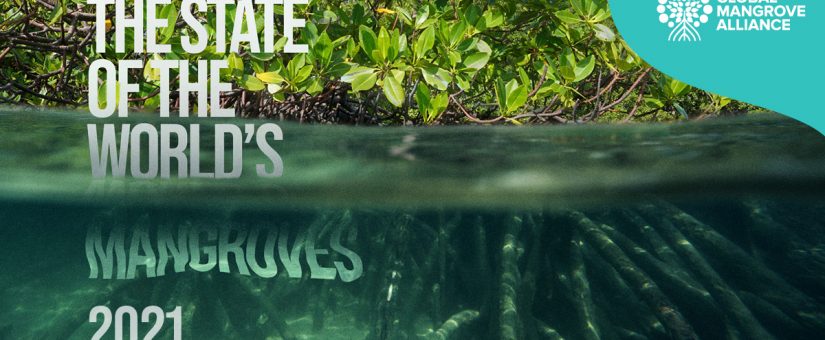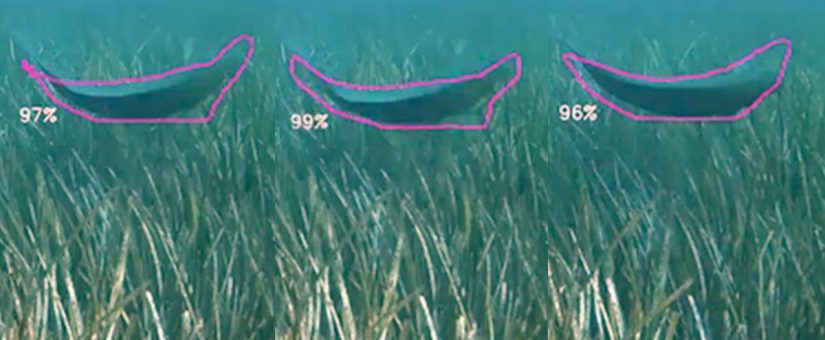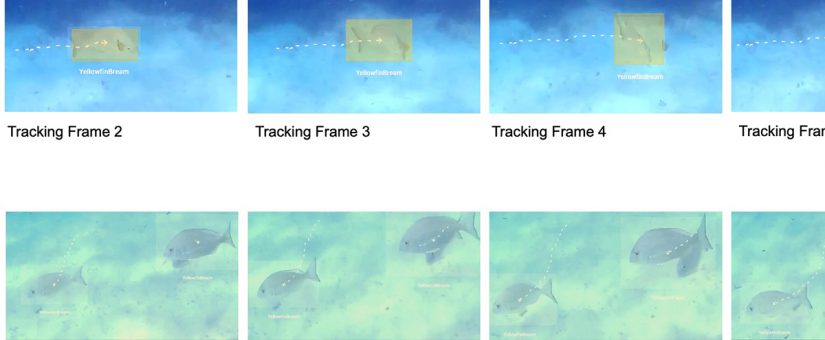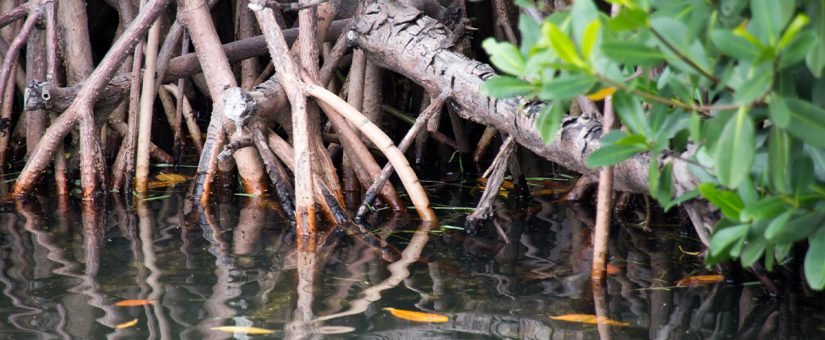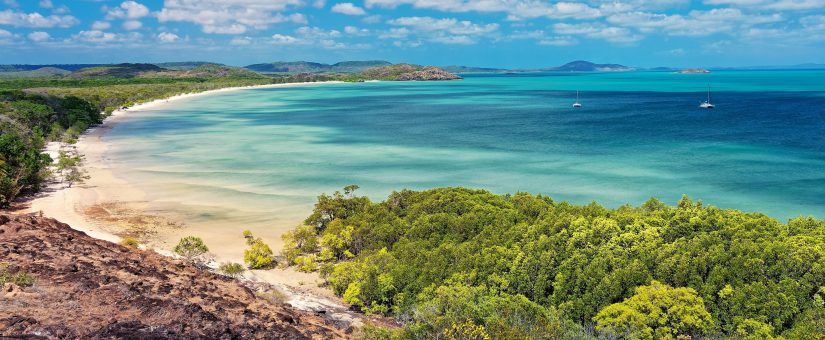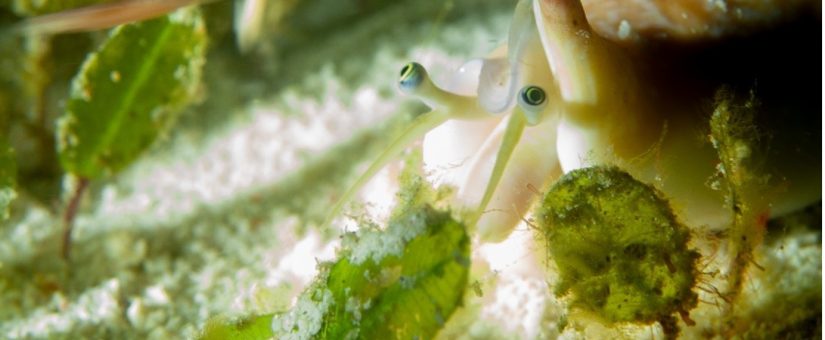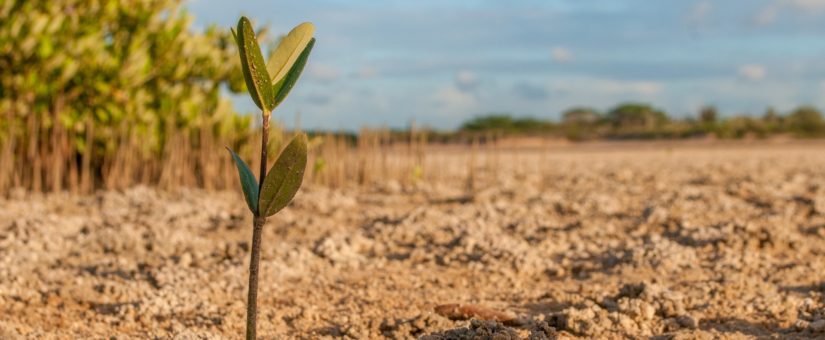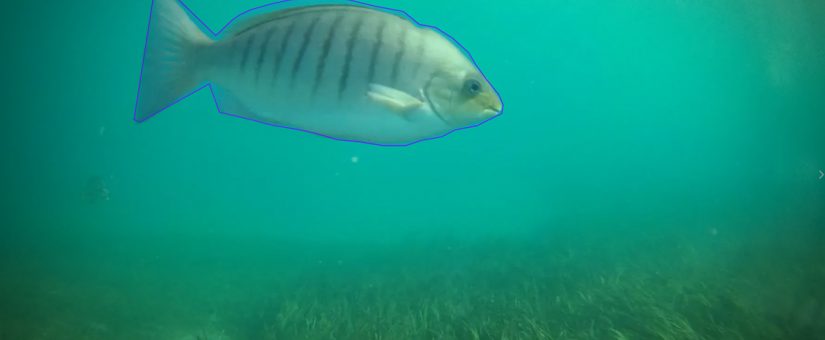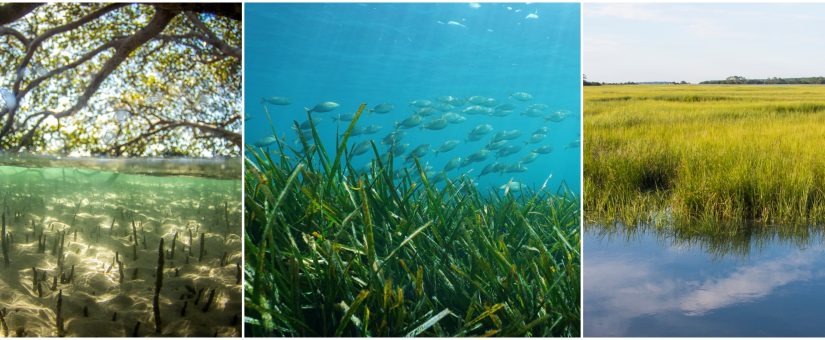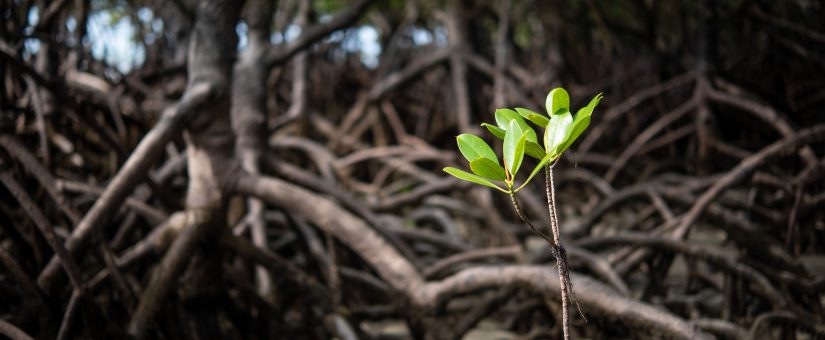Global Mangrove Alliance: The State of the Worlds Mangrove’s report
- Posted by Natasha Watson
- On July 26, 2021
The Global Mangrove Alliance have released their inaugural report, The State of the World’s Mangroves, a compilation of the most current information available on what we know about mangrove forests and what’s being done to reverse the downward trends impacting the forests and the local communities who depend on them. This publication represents a remarkable […]
Read More


